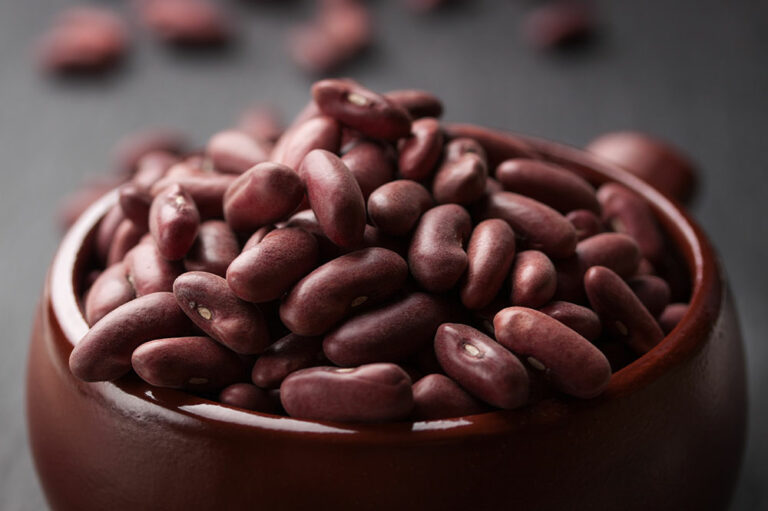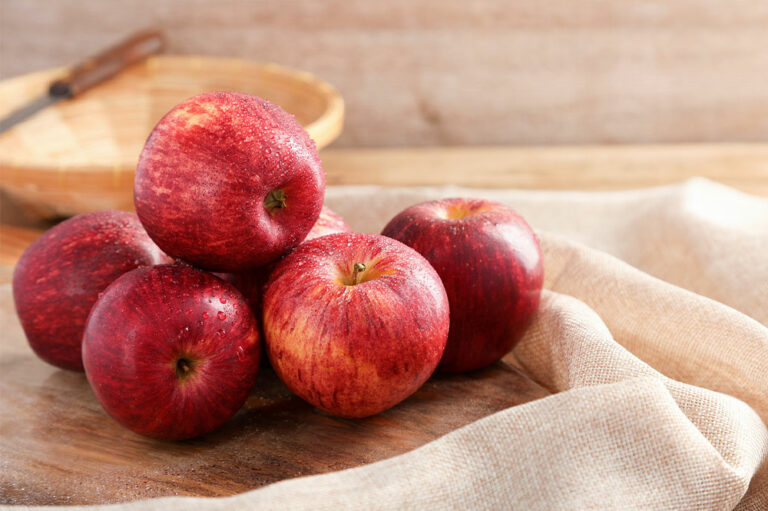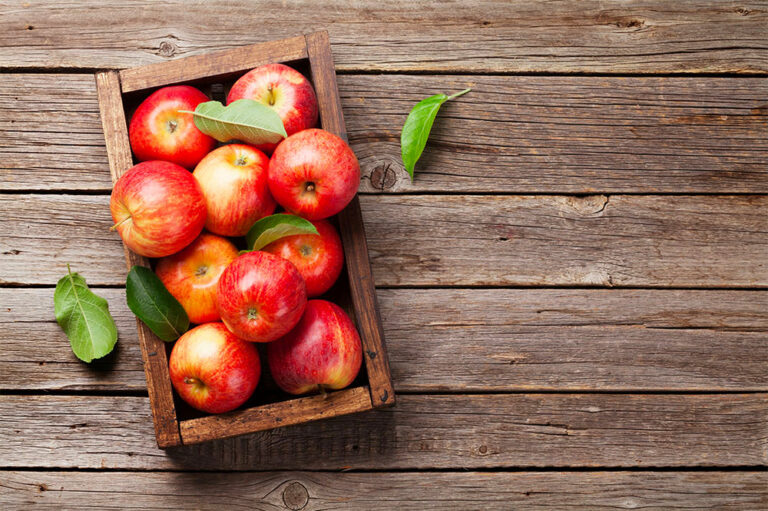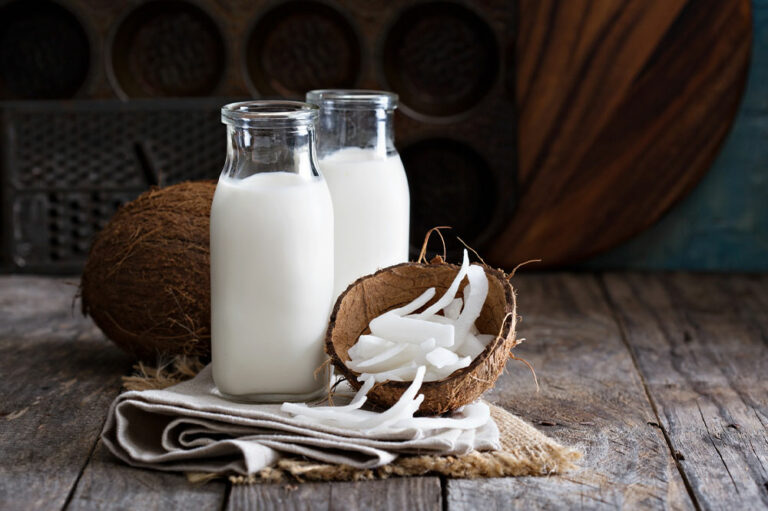
5 Foods that may worsen inflammatory bowel diseases
Inflammatory bowel disease (IBD) is the umbrella term for health conditions involving inflammation of the gastrointestinal tract. IBD is primarily categorized into ulcerative colitis (UC) and Crohn’s disease, which affect one’s moods and involve symptoms like nausea, abdominal pain, fatigue, and rectal bleeding. In addition, a person’s food habits and treatment course are crucial in controlling IBD symptoms. Here is some information on UC and Crohn’s disease and foods individuals with these conditions must avoid. Ulcerative colitis Ulcerative colitis (UC) is an IBD involving inflammation in the colon and rectum. Ulcers develop in the rectum and the large intestine’s inner lining, causing severe pain and discomfort. Individuals with UC may experience symptoms like diarrhea, abdominal pain, rectal bleeding, and an inability to defecate despite feeling the urge. Crohn’s disease Crohn’s disease is an IBD characterized by gastrointestinal tract inflammation. It typically begins with the small intestine, progressing to the large intestinal lining. The affected areas usually appear as patches in the latter condition. Moreover, while UC only affects the large intestine’s innermost lining, Crohn’s can occur in any part of the tract. Foods to avoid Changing one’s nutritional habits is crucial in managing IBDs like UC and Crohn’s disease. It is because certain food items tend to trigger flare-ups among people diagnosed with these conditions.
Read More 










